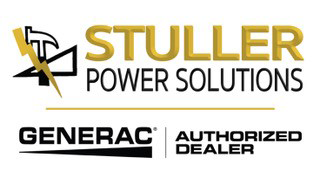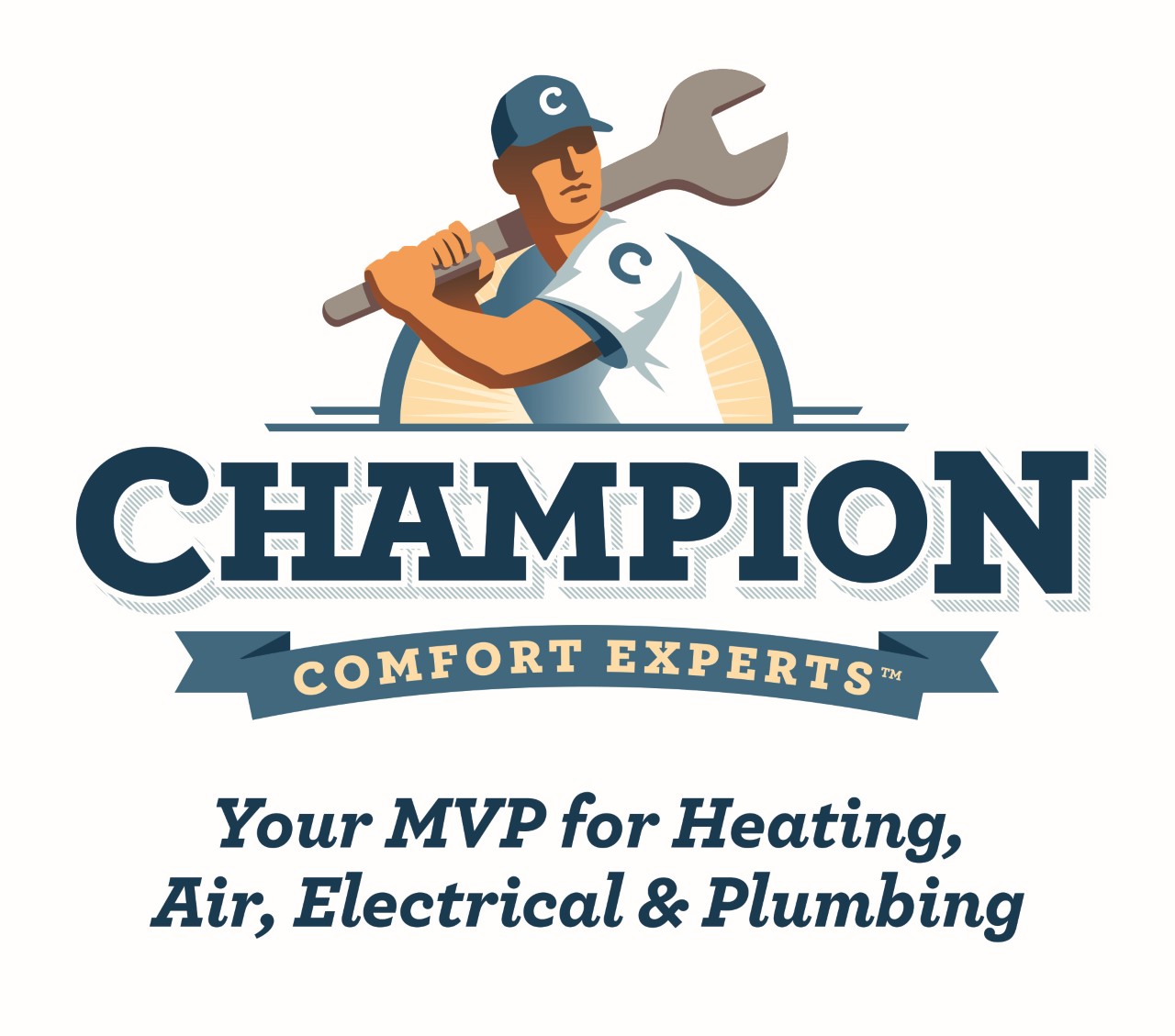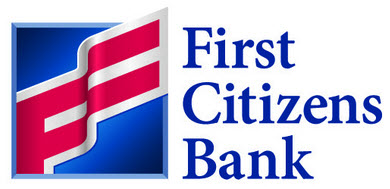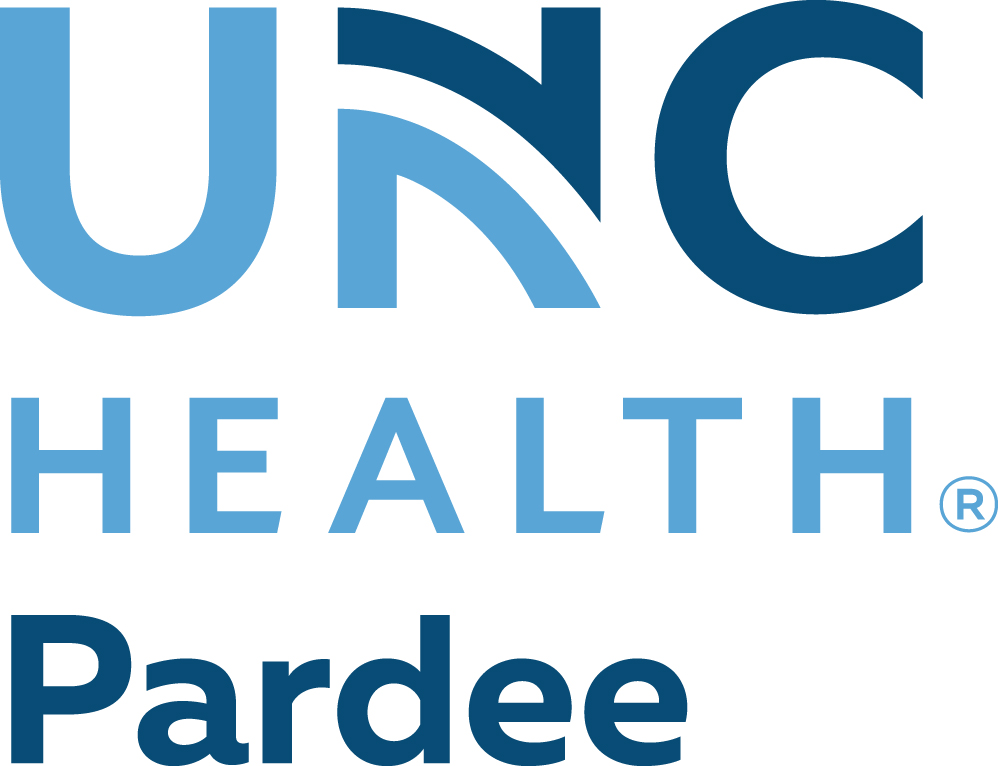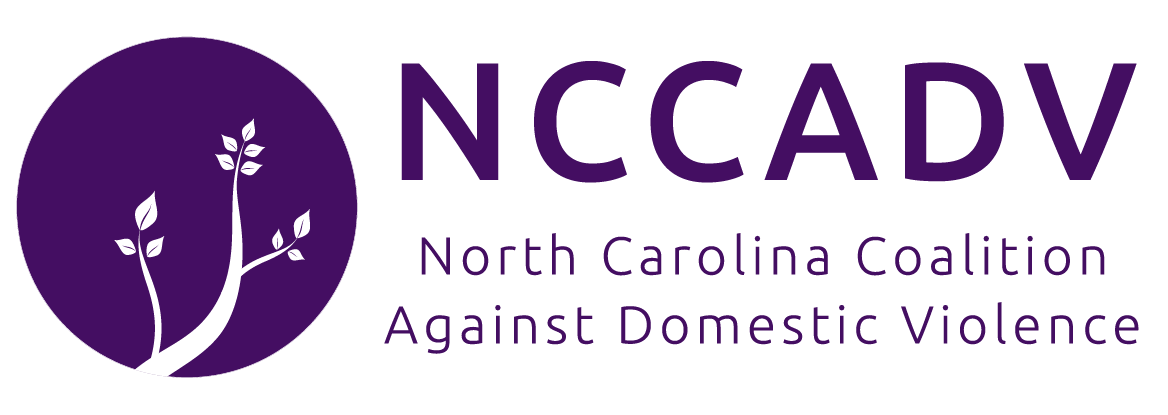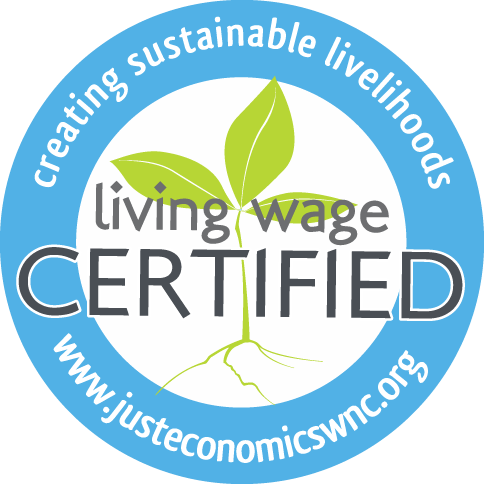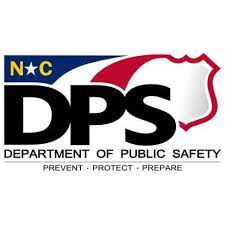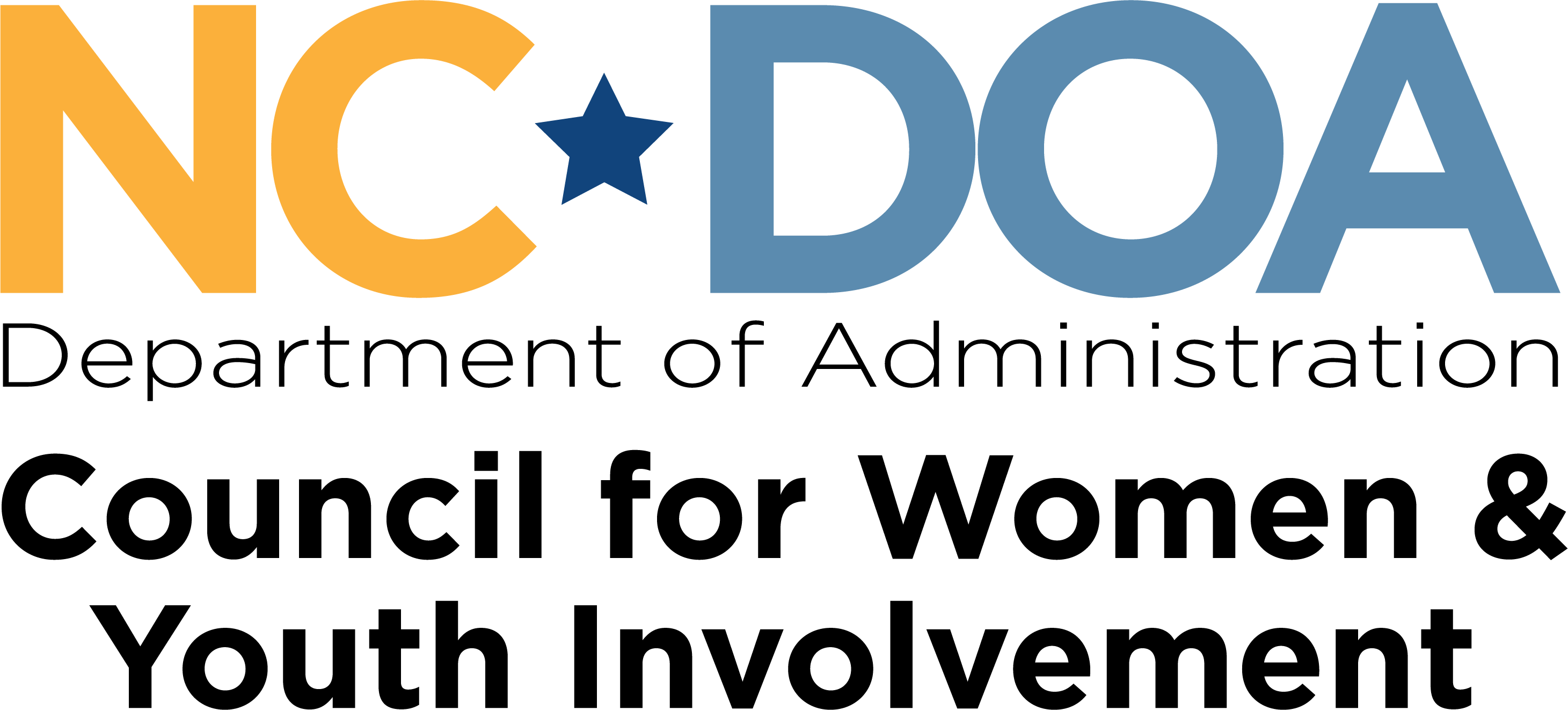

creating hope, healing lives, changing community
 Safelight is a 501(c)(3) nonprofit agency that provides support for survivors of interpersonal violence, abuse, and exploitation. We make it possible for families who want to be free of violent relationships to succeed. We make hope real.
Safelight is a 501(c)(3) nonprofit agency that provides support for survivors of interpersonal violence, abuse, and exploitation. We make it possible for families who want to be free of violent relationships to succeed. We make hope real.
828.693.3840
24 Hours Daily
Are you safe?
Know of someone who is not safe?
If you would like to talk with someone, call or come by. That's why we are here.
We are located at:
133 5th Ave W, Hendersonville, NC
Corner of Church St and 5th Ave
What makes Safelight Different?
Safelight gives individuals who have experienced interpersonal violence, abuse and exploitation a real second chance, an opportunity to redesign and better their lives.
We provide not only immediate short-term help to children and adults in crisis, but we help survivors of violence or abuse work towards long term solutions.
We are addressing community change by providing long term solutions with sustainable housing, financial health with onsite paid job training, accessible mental health and healthcare, legal and law enforcement linkage to care, and access to other community resources.
Organizational Summary
Safelight offers our community comprehensive Polyvictimization programing for survivors of any violence, abuse or exploitation witnessed or experienced (i.e., interpersonal/domestic violence, sexual assault, human trafficking, elder abuse, child abuse/neglect and exploitation). We provide a multifaceted approach as an agency to create a continuum of programs and services taking someone from crisis to sustainability with onsite access to mental health, medical, legal, housing, and employment services.
All services and programs for survivors are offered free-of-charge in a secure, safe environment conducive to recovery from abuse and trauma. Our organization has evolved from a strictly crisis-driven agency to one that develops and delivers long-term sustainable safe services covering case management, counseling, housing, and employment services. Addressing community needs such as sustainable housing, financial health with onsite paid job training, accessible mental health and healthcare, and access to other community resources.
Through our continuum of programs, we help survivors begin the process of overcoming the physical and emotional trauma. By removing barriers, Safelight's services heal lives and create a safer, healthier community. Safelight since 1984 has been providing trauma informed services for over 46,000 survivors of interpersonal violence to build new, violence-free lives in a sustainable way. Safelight offers a comprehensive experience for survivors who fleeing violence or abuse with our seven programs: 24/7 emergency shelter and crisis hotline, counseling center with individual and support group services, accredited child advocacy center with onsite child medical exams and forensic interviews, family advocacy center offering legal, law enforcement and medical advocacy, community engagement focused on linkage to impact health's healthy opportunity resources DSS linkage to services and lethality assessment program, outreach for prevention and education in our community, and sustainability program working on financial independence with employment and housing services. These programs and services are available to all survivors (and their families) free of charge and regardless of race, color, religion, sex (including pregnancy, sexual orientation, or gender identity), national origin, disability, age, and genetic information (including family medical history).
2024 Fiscal Year Data
-
Outreach for Prevention and Education provided educational programs to 10,922 individuals
- 24-Hour Emergency Shelter filled 18,396 beds for 256 survivors
- Counseling Center provided 2,765 sessions for 255 survivors
- 24-Hour Crisis Hotline answered over 1,087 survivor calls
- Family Advocacy Center helped 328 survivors
- Child Advocacy Center assisted 263 children
- Domestic Violence & Partner Intervention Program engaged 64 men and women
- Housing Program 64 individuals and successfully housed 21 in year 1
- Community Engagement supported 48 survivors with financial literacy and employment in our Safelight Resale Store and Dandelion Cafe
"We are not just statistics these are our neighbors, our community"

This means we will:
- Be advocates in our area of expertise in our community
- Encourage community collaborations to assist our work
- Continually learn and reevaluate best practices in our policy and procedures
- Provide ongoing trainings for current staff
- Safelight welcomes all survivors (and their families) of domestic violence, sexual assault and child abuse regardless of race, color, religion, sex (including pregnancy), gender, national origin, disability, age, genetic information (including family medical history).











